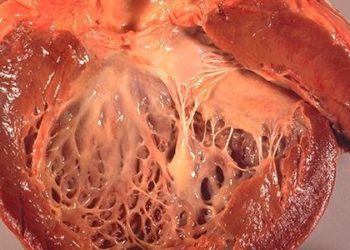Periodontitis in patients with diabetes and its association with diabetes-related complication
1. Periodontitis has a strong association with Type 2 Diabetes and is exacerbated by poor glycemic control.
2. Type 1 Diabetes and periodontitis are only associated in patient subgroups with poor glycemic control
3. Periodontitis confers an increased risk for retinopathy and albuminuria in both Type 1 and Type 2 Diabetes.
Evidence Rating Level: 3 (Average)
Periodontitis is an oral disorder comprised of soft tissue inflammation, loss of periodontal attachment, and potentially tooth loss which affects about 10% of adults worldwide. Observational studies have linked periodontitis with type 2 diabetes (T2D) and show a potential link to diabetes-related complications. This retrospective study aimed to look at the association between diabetes and periodontitis on a population level using multiple Swedish national registers. The occurrence of periodontitis and tooth loss (registered extractions regardless of reason) were assessed. Periodontitis was defined if ≥3 teeth with probing depths of ≥6 mm were determined by dental professionals. Hemoglobin A1c levels were used to describe glycemic control. Periodontitis was more common in T1D and T2D than in the control groups. There was a higher association between periodontitis and T2D. Poor glycemic control was associated with an increase in risk of periodontitis by up to 67% in T1D and up to 172% in T2D. Participants with good glycemic control had lower risk of periodontitis in T1D but not T2D. Glycemic control was also associated with risk for tooth loss in T1D and T2D. Overall, there is an association between T2D and periodontitis which is stronger at a younger age and is exacerbated by poor glycemic control. T1D only confers an additional risk of periodontitis in patients with poor glycemic control. Periodontitis was also correlated with diabetes-related complications including retinopathy and nephropathy (albuminuria) but not major events ischemic events such as ischemic heart disease and stroke.
Click to read the study in BMJ
Image: PD
©2024 2 Minute Medicine, Inc. All rights reserved. No works may be reproduced without expressed written consent from 2 Minute Medicine, Inc. Inquire about licensing here. No article should be construed as medical advice and is not intended as such by the authors or by 2 Minute Medicine, Inc.









